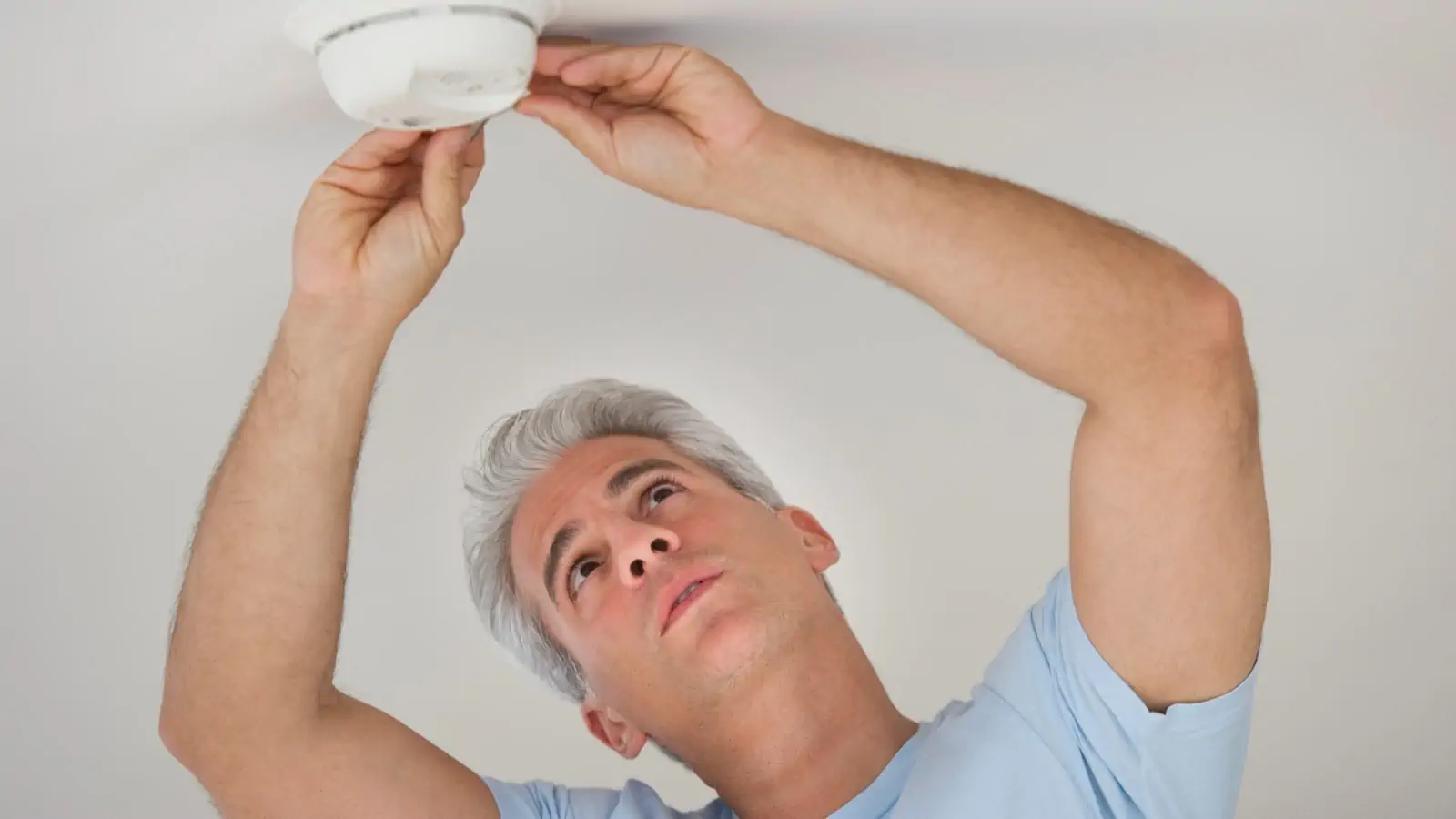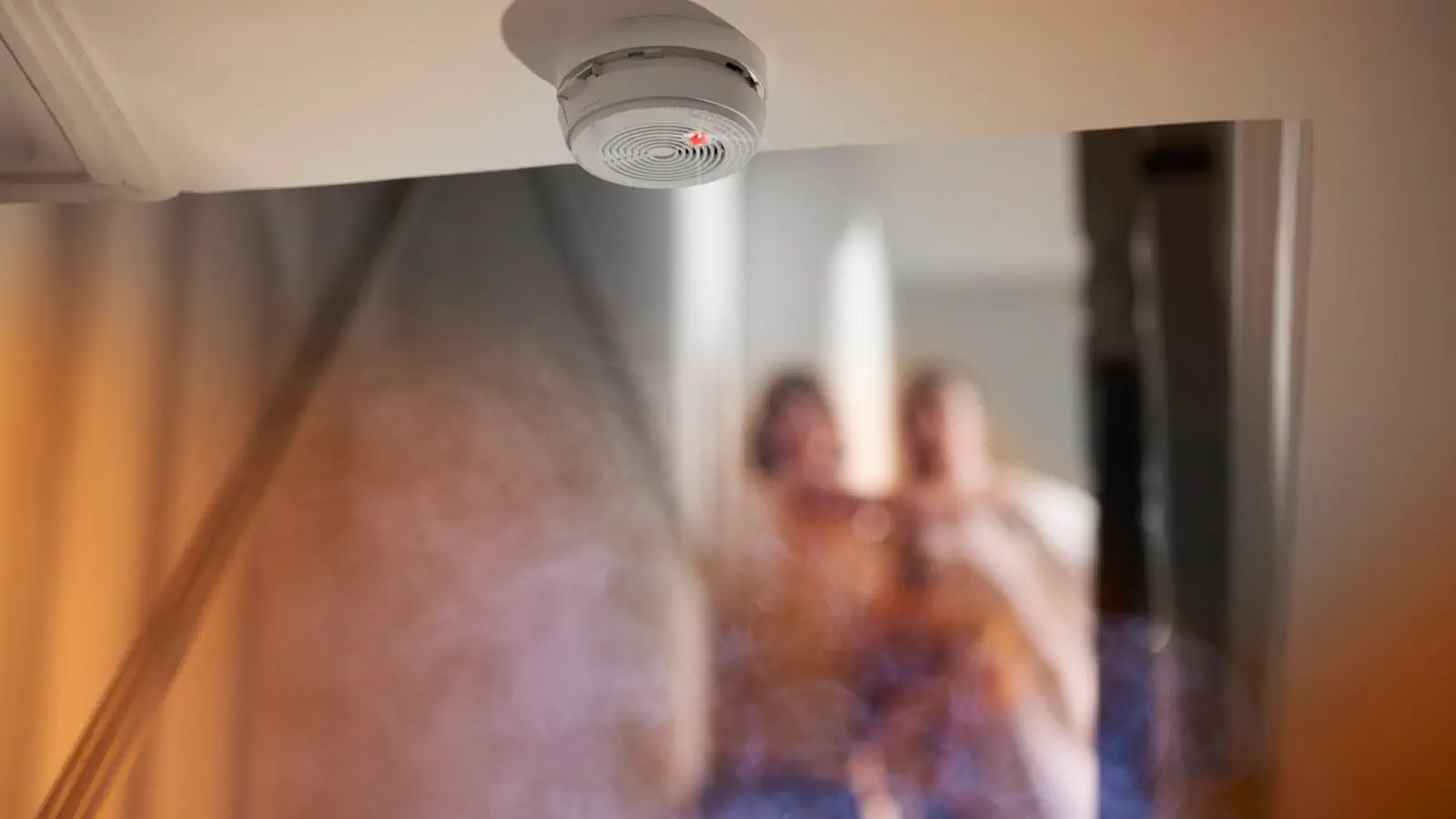Smoke detectors serve as the first line of defense against fires at home. They alert you to potential hazards, giving you precious time to respond effectively. However, what should you do when your smoke detector starts beeping? Addressing a beeping smoke detector immediately is crucial. If it's a real alarm, it might provide enough time to put out a small fire before it spreads. If it's just a warning chirp, resolving the issue ensures your detector remains fully functional. Here’s a comprehensive guide to help you understand why your smoke detector might be beeping and what actions you should take. There are several reasons why a smoke detector might beep. Understanding the sound and its possible causes can help you troubleshoot quickly and efficiently. All sounds from your smoke or carbon monoxide detector aren’t identical. Recognizing these differences is essential for proper maintenance. Tone: A loud, continuous alarm or a series of three beeps that repeat. Tone: A sequence of four beeps that repeat. A short, single, intermittent chirp indicates a problem with the detector itself, not an immediate emergency. Fixing this issue promptly ensures your detector is always prepared to warn you of smoke or carbon monoxide. What Your Smoke Detector’s Chirp Might Be Telling You A common cause of chirping in smoke detectors is a low battery. Most battery-operated detectors begin to beep when the battery is nearly depleted. Dust and debris can accumulate inside the smoke detector, triggering a chirp. This interferes with the sensor’s ability to detect smoke accurately. Sometimes, a smoke detector might chirp due to an internal malfunction. This requires professional assistance. Hard-wired smoke detectors connect directly to your home’s electrical system and often include a battery backup for power outages. These detectors offer several advantages over plug-in or battery-powered models. Hard-wired smoke detectors are more dependable since they have a consistent power supply, reducing the risk of failure due to a dead battery. Many hard-wired smoke detectors are interconnected, meaning if one detects smoke, all detectors in the house will sound an alarm. This provides early warning and additional evacuation time, particularly in larger homes. With hard-wired smoke detectors, you won’t need to change batteries regularly. The battery backup only needs replacement occasionally. To ensure your smoke detectors remain in optimal working condition, follow these safety guidelines: Test your smoke detectors monthly by pressing the test button. Replace batteries annually or as suggested by the manufacturer. Install smoke detectors in critical areas of your home: Avoid placing smoke detectors near windows, doors, or vents, as drafts can interfere with their performance. Keep your smoke detectors clean. Dust and debris can hinder their functionality. Regularly vacuum or use compressed air to clean them. Replace smoke detectors every ten years, as they tend to lose reliability over time. Functional smoke detectors can impact your homeowner’s insurance. Many insurers offer discounts if your home has smoke detectors installed. They may also require proof that your smoke detectors are operational. If a fire occurs and your smoke detectors aren’t functioning, you could face liability for any damages or injuries. Working smoke detectors can demonstrate that you’ve taken reasonable steps to ensure safety. A beeping smoke detector might seem annoying, but it’s a vital warning signal. Knowing the common reasons for beeping and how to address them can save lives, property, and reduce liability in case of a fire. If you’re ready to install a hard-wired smoke or carbon monoxide detector in Alberta, reach out to Rümi! Our friendly technicians can assist with installation and resolve any mysterious beeps. Request Smoke & Carbon Monoxide Detectors today! Gypsum Retarder, Defoamer, Air-entraining agent, early strength agent, anti-freezing agent Special Admixtures,Gypsum Retarder For Dry Mixt Mortar,Gypsum Retarder ,Chemical Gypsum Plaster Retarder Santo Chemical Limited , https://www.santchem.comWhy is My Smoke Detector Beeping?
Beep or Chirp: What’s the Difference?
Fire Alarm Beep
Carbon Monoxide Detector Beep
Chirps
Low Battery
What to Do:
Dust & Debris
What to Do:
Malfunction
What to Do:
Advantages of Hard-Wired Smoke Detectors

Reliability
Interconnected System
Less Frequent Battery Changes
Smoke Detector Safety Tips
Regular Testing
Proper Placement
Maintenance
Insurance & Liability
Better Safe Than Sorry
